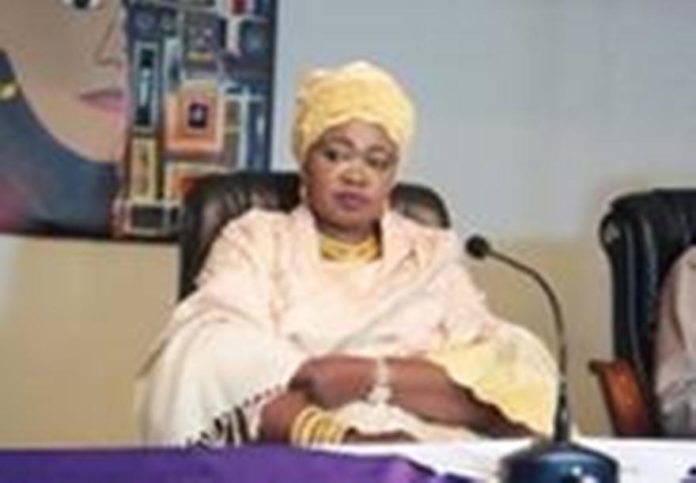By Nelson Manneh
Lawyer Abdoulie Fatty, representing two civil society organizations and a ward councillor against the Mayoress of Banjul and two others, said the Mayor lacks the power to give attestation.
Fatty relied on the Elections Act as he submitted before the high Court that attestation could be given only by an Alkalo or a Seyfo (Chief).
In this case, the appellants (accused persons) are Gambia Participates who were represented by Marr Nyang, the Executive Secretary, Councillor Abdou Aziz Gaye of Box Bar Ward and Centre for Research and Policy Development, who were represented by Sait Matty Jaw.
The respondents are Mayoress Rohey Malick Lowe of Banjul, who was absent, the Independent Electoral Commission (IEC), who were represented by Sulayman Joof, the Director of Administration at the Commission, and the Attorney General.
Lawyer Fatty appeared for the appellants while Lawyer Sasum Sillah appeared for the Mayor, Lawyer Kebba Sanyang for the IEC and Lawyer Binga D. the Director of Civil Litigation appeared for the Attorney General.
Appearing before Justice Basiru V.P. Mahoney on Monday, Lawyer Fatty said the applicants on 23rd June 2021 filed a summon before the High Court against the Mayor of Banjul (Rohey Malick Low), the Independent Electoral Commission (IEC) and the Attorney General, challenging the legality and validity of the mandate accorded to the Mayor to issue attestations to Banjul constituency in the ongoing general voter registration.
Fatty argued that there is no legislation (law) that mandates a “Mayor” to issue attestation to constituents in order to apply for a voter’s card, saying this power and authority is only vested to Village Alkalo or District Chief (Seyfo) as per section. 12(2)(e).
He argued that the actions of the IEC and the Mayor are in conflict with the laws governing voter registration and are therefore, ultra vires and a grave violation of the Election Act and other relevant laws. Fatty further submitted that the issuance of attestation to constituents of Banjul is unlawful and is not in conformity with the relevant laws governing elections in the country.
The plaintiffs are arguing that the mayor lacks such powers and her action is a serious contravention of the Elections Act.
They want the high court to make a declaration that the actions of the Mayor of Banjul in issuing attestations to constituents of the City of Banjul in the ongoing Independent Electoral Commission (IEC) general registration of the voters contravenes section 12 (2) (e) of the Elections Act.
Also, they want the court to make a declaration that the actions of the Independent Electoral Commission (IEC) in conferring the power to the Office of the Mayor of Banjul to administer attestation forms generated by the IEC for the purpose of claiming voter’s cards in the City of Banjul contravenes section 12 (2) (e) of the Elections Act;
They want the high court to make an order quashing the decision of the IEC to bestow upon the Mayor of Banjul the power and authority to issue attestations to the constituents of the City of Banjul.
Also, they want the court to make an order setting aside all attestation forms endorsed and or issued by the Mayor of Banjul for which voter’s cards were issued by the IEC.
Consequently, an order striking out and or cancelling all voter’s cards issued by the IEC that were supported by attestation forms issued and or endorsed by the Mayor of Banjul.
The case was adjourned to the 8th July 2021 for Fatty to continue with his oral arguments and for further hearing at 1 pm.
















